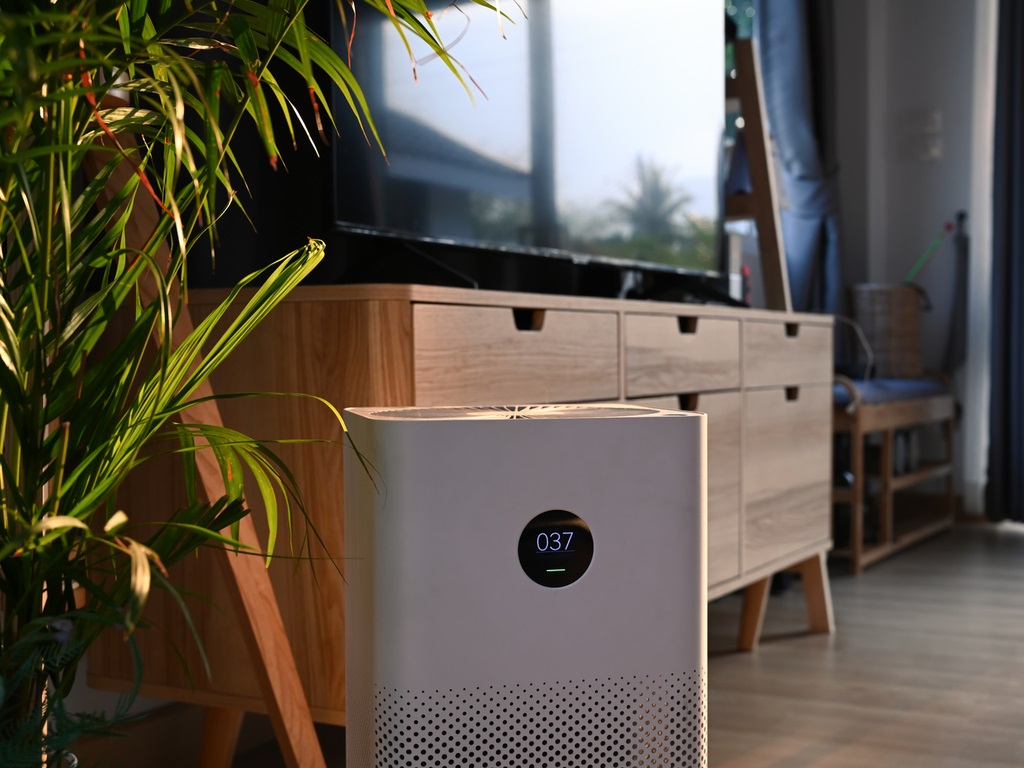Indoor air quality (IAQ) is an essential aspect of maintaining a healthy living environment. Poor air quality can lead to various health issues, including respiratory problems, allergies, and other chronic conditions. Many factors can contribute to indoor air pollution, including dust, pet dander, mold, pollen, and volatile organic compounds (VOCs) released from household products and furnishings. Air purifiers have emerged as effective solutions for enhancing IAQ by removing these contaminants and promoting a healthier atmosphere within homes and workplaces.
Understanding Air Purifiers
Air purifiers are devices designed to filter and clean the air in a given space. They operate by drawing in air, passing it through a series of filters, and then releasing purified air back into the environment. The effectiveness of an air purifier largely depends on its filtration technology, which can include HEPA filters, activated carbon filters, and UV light technology. Each type of filter addresses different pollutants and contributes to overall air quality improvement.
HEPA (High-Efficiency Particulate Air) filters are renowned for their ability to capture small particles, such as dust, pollen, and pet dander. These filters can trap particles as small as 0.3 microns, making them highly effective in reducing allergens and irritants in the air. Activated carbon filters, on the other hand, excel at absorbing odors and harmful gases, including VOCs and smoke. Some air purifiers also incorporate UV light technology to neutralize bacteria and viruses, further enhancing their air-cleaning capabilities.
Removal of Allergens and Pollutants
One of the primary benefits of using air purifiers is their ability to remove allergens and pollutants from indoor air. Common allergens, such as dust mites, mold spores, and pet dander, can trigger allergic reactions and exacerbate respiratory issues for sensitive individuals. By employing a high-quality HEPA filter, air purifiers can significantly reduce the concentration of these allergens in the air, creating a healthier living space.
Moreover, air purifiers can help mitigate the effects of outdoor pollutants, such as pollen and smog, that can infiltrate homes. During allergy seasons, using an air purifier can provide relief for individuals suffering from seasonal allergies by continuously filtering out these airborne irritants. The consistent removal of allergens can lead to improved respiratory health and a decrease in allergy-related symptoms.
Eliminating Odors and VOCs
Indoor environments often harbor unpleasant odors and harmful chemicals due to the use of various household products, such as cleaning supplies, paints, and air fresheners. These products can release VOCs, which not only contribute to poor air quality but may also pose health risks when inhaled over extended periods. Air purifiers equipped with activated carbon filters effectively absorb and neutralize these odors and VOCs, helping to create a more pleasant indoor atmosphere.
By eliminating odors from cooking, pets, and smoke, air purifiers enhance overall comfort and quality of life. Additionally, reducing exposure to VOCs can contribute to long-term health benefits, making air purifiers a valuable addition to any home.
Enhancing Respiratory Health
The benefits of improved indoor air quality extend to respiratory health. Clean air can significantly reduce the risk of developing respiratory conditions, such as asthma and bronchitis. For individuals already living with these conditions, air purifiers can help minimize symptoms and improve overall lung function.
Studies have shown that using air purifiers in homes can lead to lower rates of asthma attacks and respiratory infections. By consistently filtering out harmful particles and allergens, air purifiers create a safer environment for everyone, especially children, the elderly, and individuals with pre-existing health conditions.
Incorporating air purifiers into indoor spaces can significantly enhance air quality, benefiting health and well-being. By effectively removing allergens, pollutants, odors, and VOCs, air purifiers contribute to a cleaner and healthier living environment. As awareness of indoor air quality continues to grow, investing in a high-quality air purifier is becoming an increasingly important step toward promoting overall health and comfort in homes and workplaces. By prioritizing air quality, individuals can create a more conducive atmosphere for relaxation, productivity, and well-being.







